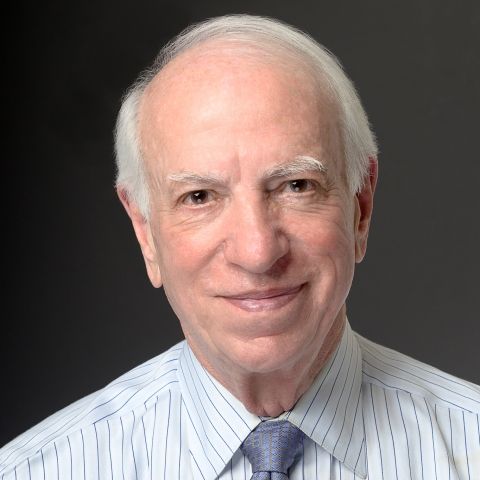
Morality, Equality, and Expertise: Renegotiating the Relationship Between Psychiatry and the Criminal Law
In this speech before the American Academy of Psychiatry and Law, Portland, Oregon, October 1983, the author defends psychiatric participation in the criminal process. Although there has been a shift in the prevailing ideology of criminal justice (toward punishment), the clinician's role has been and will continue to depend on the degree to which sentencing criteria can be reliably aided by opinions within the specialized knowledge of psychiatrists and other mental health professionals. Cases of euthanasia, rape, self-defense, and duress are given to illustrate the influence of equality over individualization in the law. The insanity defense is dependent on morally significant effects of severe mental illness and the defendant's appreciation of the wrongfulness of his/her behavior. The insanity defense must focus on the abnormal person and deal with the clinical realities of major mental illnesses or profound retardation. The relevance of expert clinical opinion in the criminal law depends less on clinical understanding than on the normative structure of the law. (18 ref) (PsycINFO Database Record (c) 2016 APA, all rights reserved)